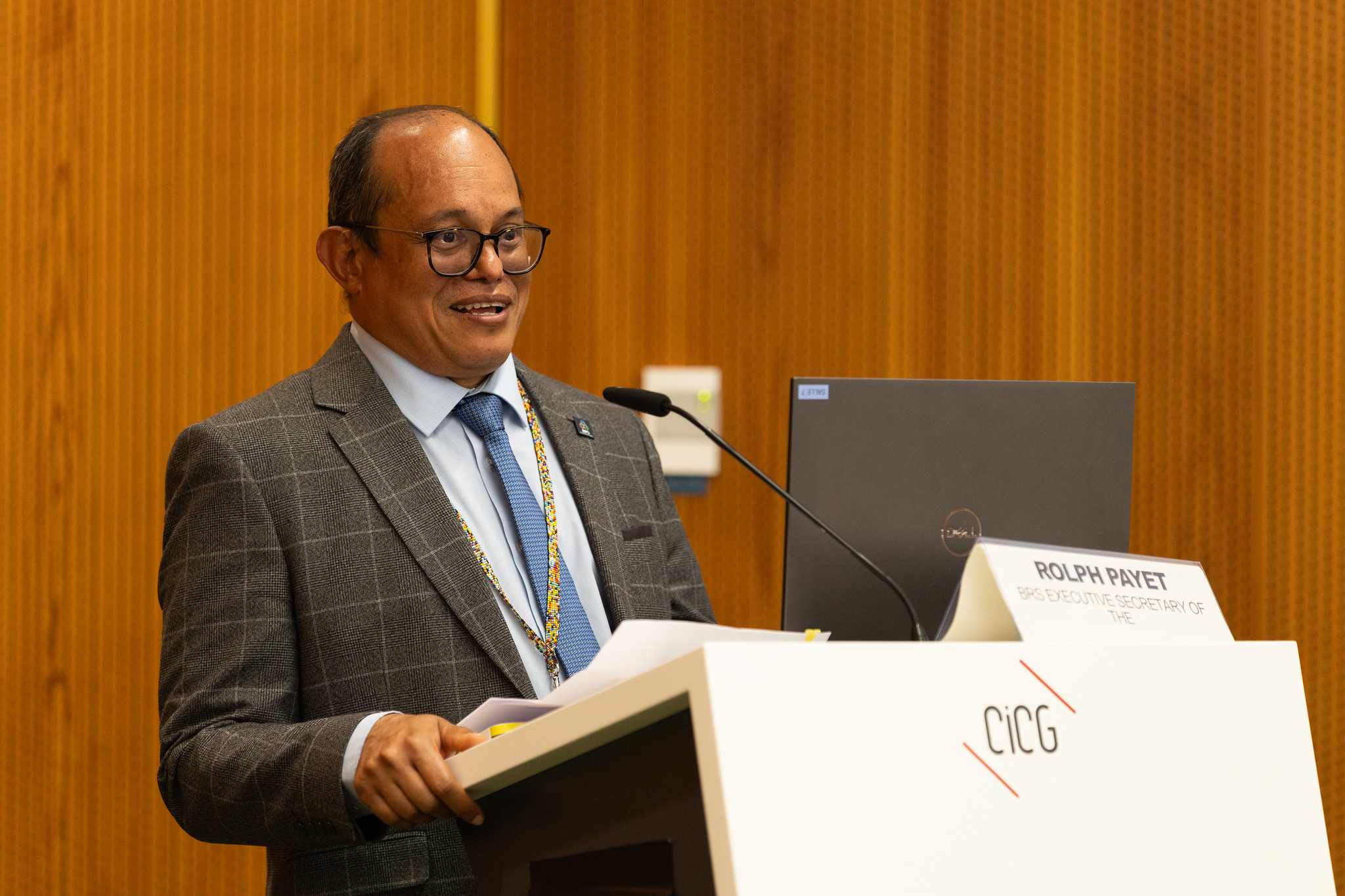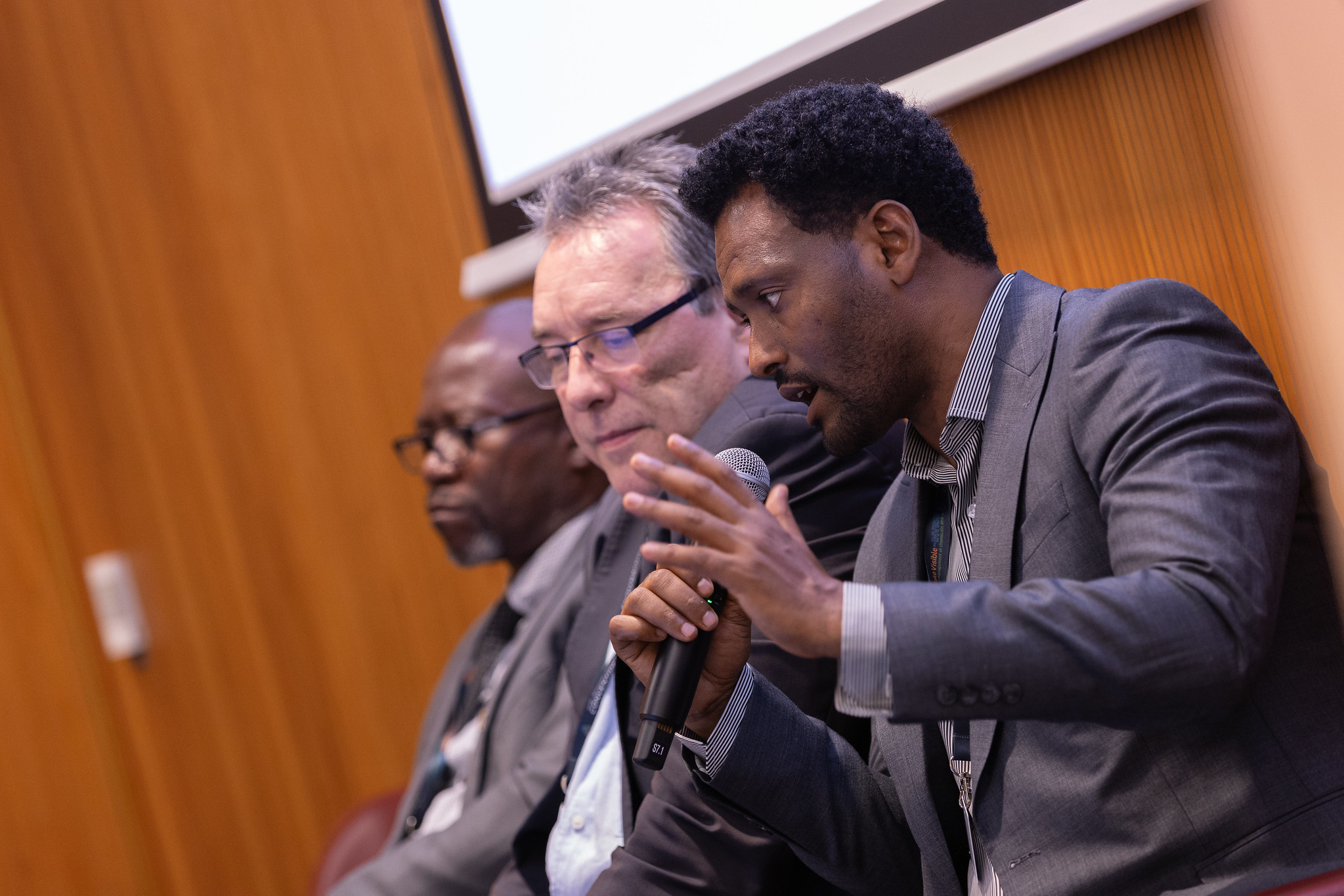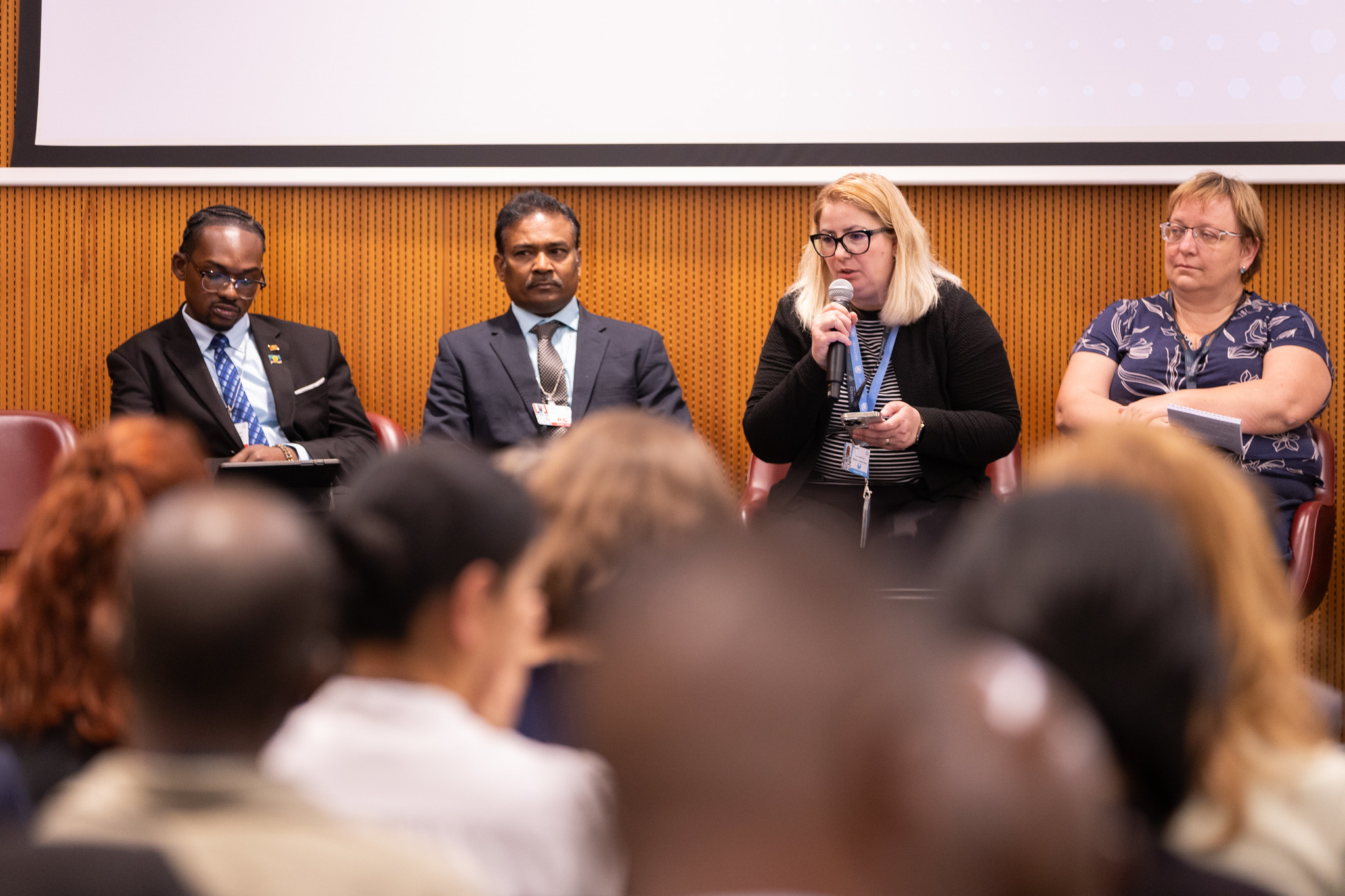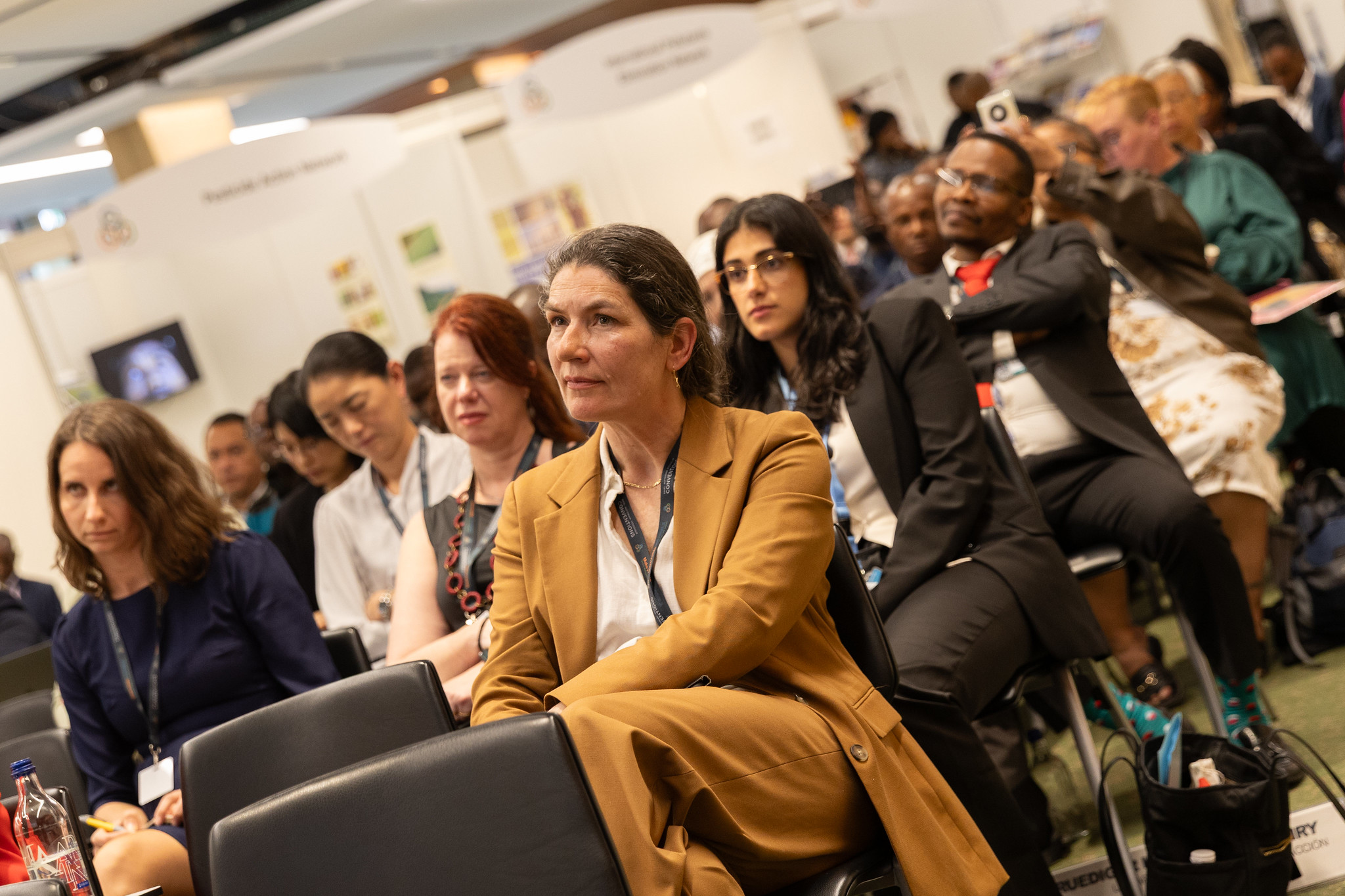On 28 April 2025 (19:00-20:30 CEST), as a part of GEF-funded and UNEP-led project (GEF ID 10785), the Green Growth Knowledge Partnership (GGKP) hosted a side event during the 2025 Meetings of the Conferences of the Parties to the Basel, Rotterdam and Stockholm Conventions (2025 BRS COPs) in collaboration with the United Nations Environment Programme, Chemicals and Health Branch, Knowledge and Risk Unit (UNEP, KRU).
The side event addressed how Parties can support their inventories of Persistent Organic Pollutants (POPs) by leveraging publicly available data sources and improving national data generation efforts through engagement with statistical offices and environmental agencies.
The event highlighted case studies and presentations from Stockholm Convention regional centres and countries on existing practices on POPs data collection (Central, Eastern Europe, and Africa) and challenges with addressing POPs through the lens of data.
Objectives
- Showcase how publicly available data sources, such as UN Comtrade, UNITAR's E-waste monitors, and environmental journalism (Forever chemicals project) and national statistical offices, can support Parties in POPs inventory development
- Discuss national and regional level data gaps and existing practices on the ground to generate and manage POPs data
- Emphasise the emerging need for a systematised approach to POPs data management.
- Present case studies from Nigeria, to illustrate how existing datasets can help countries track POPs' flows
Target audience
- Participants of the BRS COP12
- Stockholm Convention Official Contact Points and National Focal Points, particularly from project countries
- National officials and experts involved in the process of reviewing and updating the NIPs
- National officials and experts involved in hazardous chemicals and waste management
- Members of NIP National Coordinating Mechanism/Committees and Project Coordination Units/Thematic Task Groups
- Representatives of regional centres
- Other stakeholders
Agenda
Opening remarks |
Ethiopia’s perspective: What’s missing and what’s working in national POPs data collection |
How to close data gaps on POPs in electronics? From trade flows to national POPs data: Using UN Comtrade for POPs and plastic inventories - African case studies |
Following the e-waste trail: What the global E-Waste Monitor tells us about POPs in discarded electronics |
Mapping the invisible: How investigative journalism uncovered PFAS contamination sites across Europe |
A national lens: Gaps, barriers, and hopes for POPs data collection in Botswana |
Q&A / Interactive discussion |
Why we need regional POPs data systems: Lessons and opportunities for collective infrastructure |
POPs data and plastics: Monitoring UV-328 and other POPs from a science and industry lens |
Experiences from the ground: What’s working and what’s missing in data management in Europe and the Caribbean |
| Speaking up for the future: POPs and Waste in Small Island Development States (SIDS) Mr. Esquire Henry, Chemicals and Waste Youth Platform/Children and Youth International, Antigua and Barbuda |
Q&A and closing reflections |


 P
P
Photo credits: BRS Secretariat
